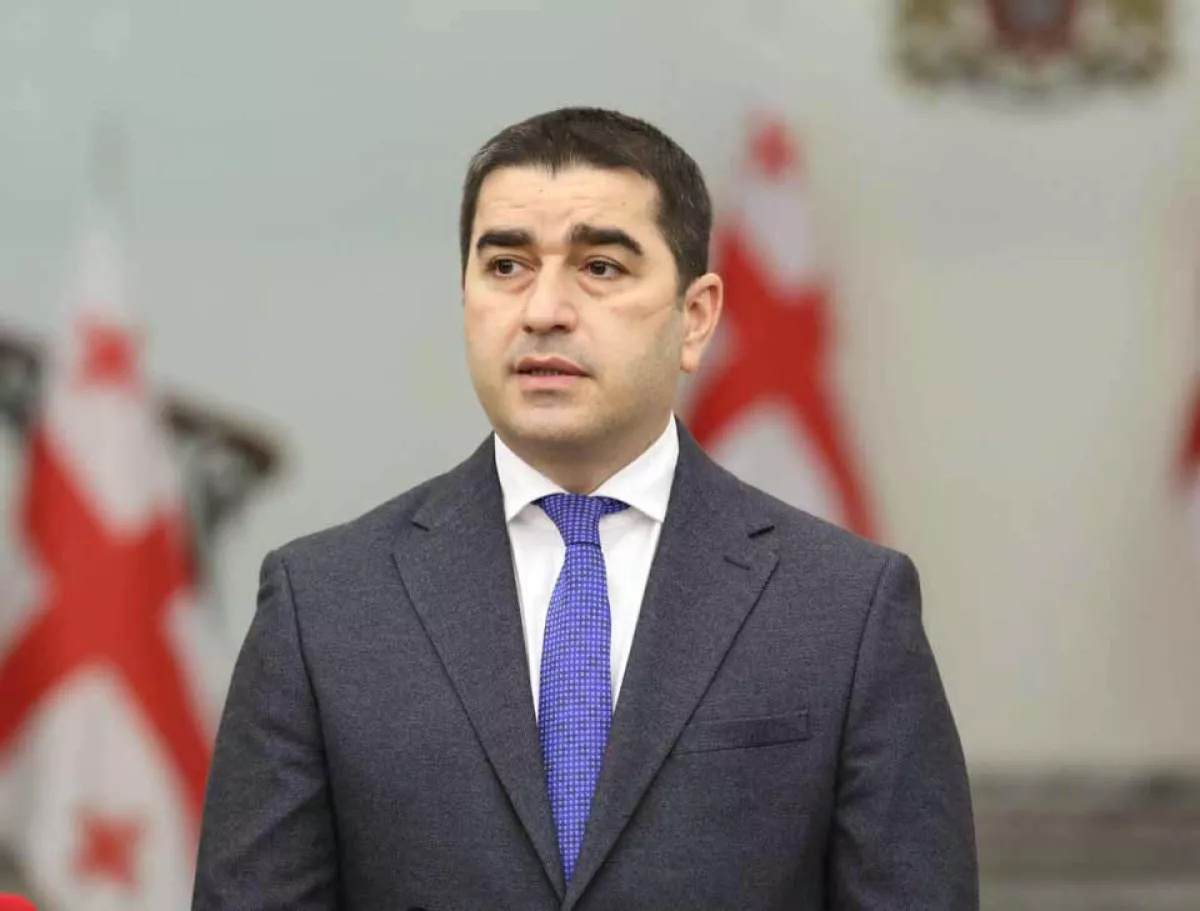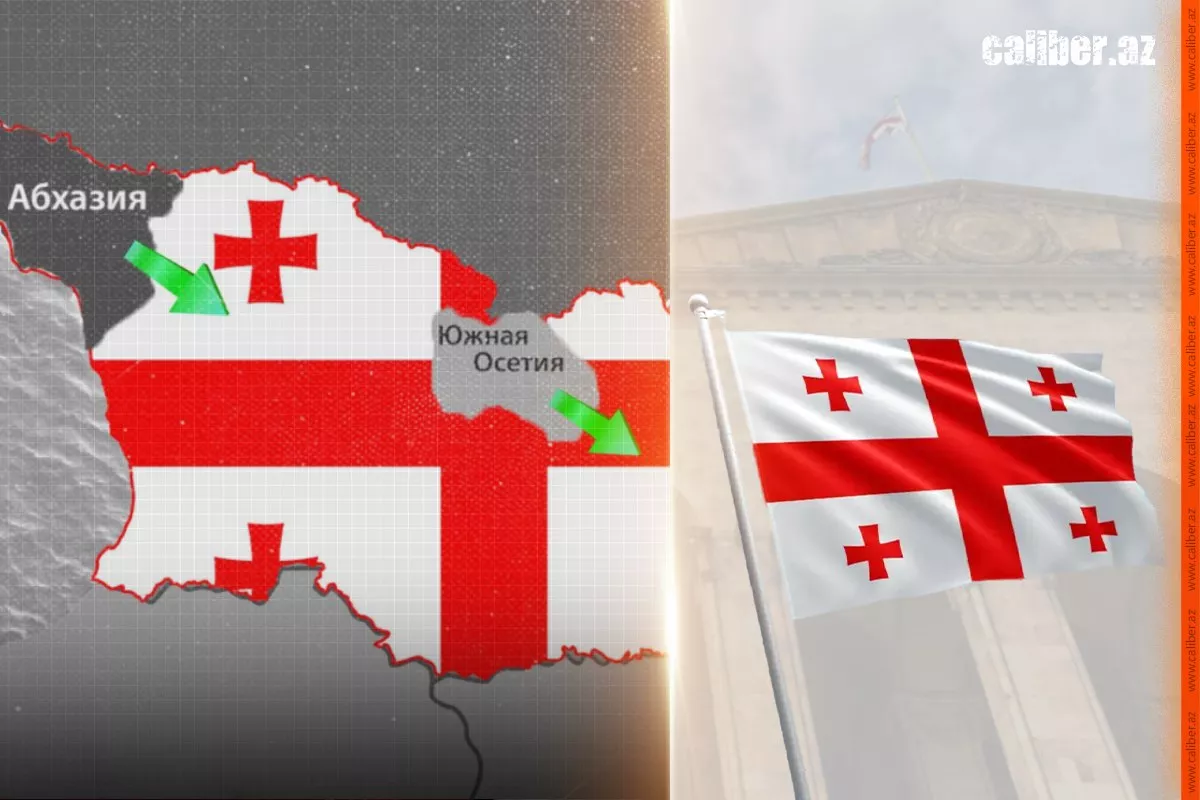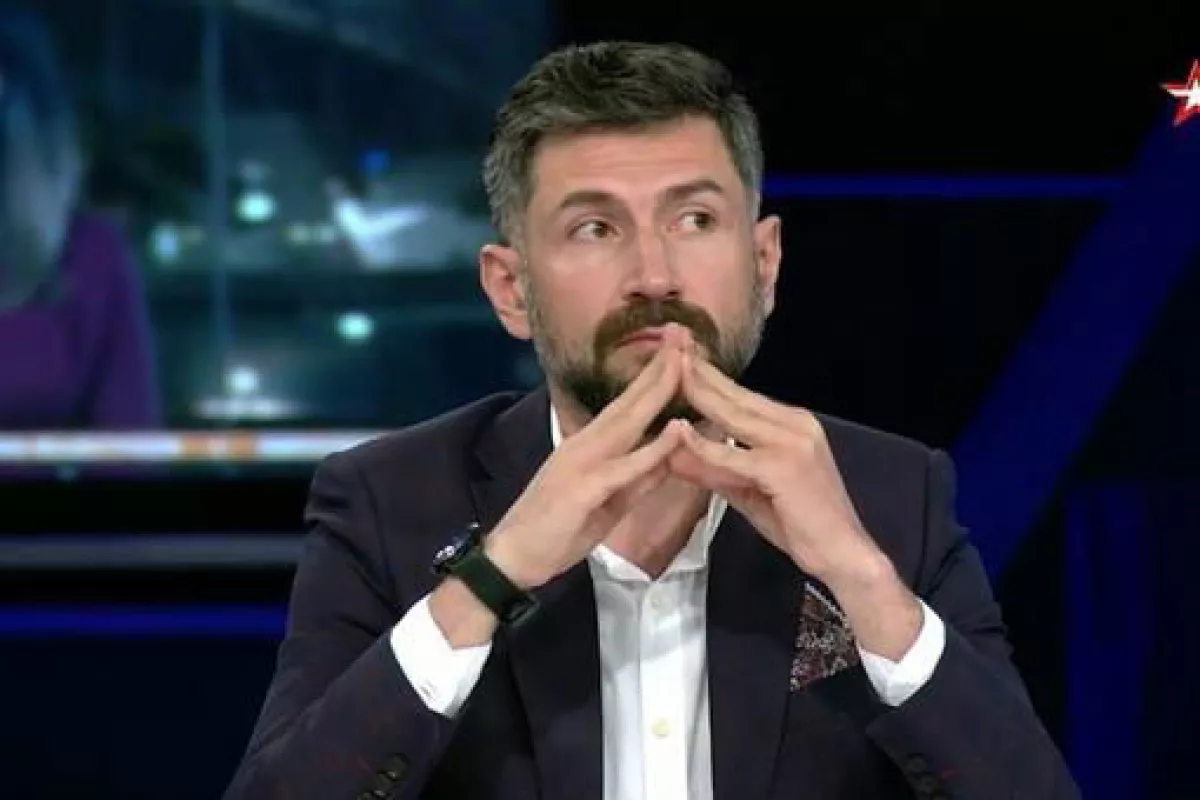Between integration and normalisation Georgia’s foreign policy pendulum
Georgia has chosen the path of a multi-vector foreign policy. This orientation is consistently reflected in the statements of Georgian politicians. For example, the party that came to power in 2012, Georgian Dream – Democratic Georgia, while supporting the country's course towards NATO integration, simultaneously declared an important foreign policy objective as the "gradual normalisation of relations with Russia without compromising Georgia’s territorial integrity."
In March 2013, then-Prime Minister Bidzina Ivanishvili told journalists that official Tbilisi intended not only to normalise but also to fully restore relations with Russia: "We will definitely normalise relations with Russia, but at the same time, we will definitely join NATO and the European Union." The following years only confirmed the Georgian authorities’ intention to gradually improve relations with Russia.
During this period, the issue of the country’s accession to NATO remained firmly on the agenda. At all the alliance summits held after 2008, it was confirmed that Georgia was ready for membership, and NATO diplomats noted the good preparation of the Georgian Armed Forces. Evidence of this includes the relatively recent joint exercises “NATO–Georgia 2025.”
Note: Relations between Georgia and NATO began as early as 1992, after the country joined the North Atlantic Cooperation Council, which was later renamed in 1997 as the Euro-Atlantic Partnership Council. However, Georgia’s clear aspiration to join NATO became evident after the 2003 revolution and received support in April 2008 at the NATO summit in Bucharest.
However, things have not gone as smoothly as hoped. The question of joining the North Atlantic bloc has remained unresolved due to the absence of a clear response from NATO regarding Georgia’s Atlantic integration in the foreseeable future. This is also confirmed by recent statements from the Speaker of the Georgian Parliament, Shalva Papuashvili.
“Despite the fact that Georgia has fulfilled all its obligations on the path to NATO membership, the alliance’s response has been only promises, not concrete steps,” he noted while commenting on a recent statement from the NATO Coordination Office in Tbilisi, which once again reaffirmed commitment to the decisions made at the Bucharest and subsequent summits, as well as the fact that the country will become a member of the alliance in the future.

However, according to Papuashvili, the context of the statement is vague. “We already have a generation that wasn’t even born when, at the Bucharest summit in 2008, it was said that ‘Georgia will become a member of NATO.’ Today, this generation is finishing school, yet we still do not see real results from NATO. Georgia has proven itself a reliable partner in every possible way. When NATO member countries avoided certain missions, especially in Afghanistan, Georgia participated as part of one of the largest contingents, sending between 1,000 and 1,500 servicemen. Meanwhile, the Baltic countries sent only 30 to 40 servicemen each and were mostly represented in headquarters,” — the Speaker of Parliament criticised the North Atlantic bloc sharply, stressing that the alliance still has not presented Georgia with a roadmap.
According to him, this fact raises questions on the Georgian side about how ready NATO really is to make concrete decisions.
In turn, the full restoration of Russian-Georgian relations faces an obstacle, as Shalva Papuashvili also pointed out: “There is only one obstacle to the restoration of relations between Georgia and Russia — the occupation of Georgian territories by Russia. Russia can very easily remove this barrier. Of course, as soon as we see steps to remove this barrier, the restoration of these relations will become possible.”
It is appropriate to recall that in April of this year, Deputy Foreign Minister of Russia Sergey Galuzin told Izvestia in an interview that they are ready to restore diplomatic relations with Georgia, but at the same time emphasised that “Moscow’s decisions regarding Abkhazia and the Tskhinvali region are not subject to revision.”

Thus, considering the Kremlin’s steadfastness on this issue—one of fundamental importance to Tbilisi—it would be premature to speak of a full restoration of Georgian-Russian relations in the foreseeable future. It is most likely that bilateral ties will develop exclusively along trade and economic lines.
Furthermore, for Georgia, the fact that neither NATO nor the EU is in a hurry to accept Ukraine into their ranks is telling. In April 2024, at a seminar held by the Atlantic Council, the U.S. Permanent Representative to NATO, Julianne Smith, confirmed that the alliance has no plans to extend an invitation to Ukraine to join NATO. Later, in February of this year, Sky News reported that U.S. President Donald Trump clearly stated during a meeting with British Prime Minister Keir Starmer that Ukraine’s accession to NATO “will not happen.”

In a conversation with Caliber.Az, Shota Apkhaidze, a political scientist from the Financial University of the Russian Federation and director of the Caucasus Center for Islamic Studies, also ruled out the possibility of the country joining NATO.
“The question of Georgia’s accession to NATO is mythical, despite it being enshrined in the country’s Constitution and supported by numerous international legal partnership agreements with the U.S.—the largest player in the alliance. I believe the country has no chance of joining the North Atlantic Alliance, due to geographical and geopolitical factors. NATO is expanding its influence in the region, and for this reason, Georgia is useful to the military bloc as a means to compete with its opponents—Russia and Iran.
On the other hand, it is no coincidence that the leadership of the North Atlantic bloc, starting with Rasmussen, stated that if Georgia were admitted to the alliance, it would create tension throughout the region, which could potentially lead to military confrontation with Russia or other regional players. Such a scenario is not in NATO’s interest, especially against the backdrop of the conflict in Ukraine, which will also not be admitted to the alliance despite its military potential far surpassing that of Georgia,” the political scientist said.
Thus, despite the fact that the overwhelming majority of Georgian society supports the country’s integration into NATO and the European Union, accession to these organisations remains a very distant prospect — just like the full restoration of relations with Russia, given, as mentioned above, the Kremlin’s position on the issues of South Ossetia and Abkhazia.








